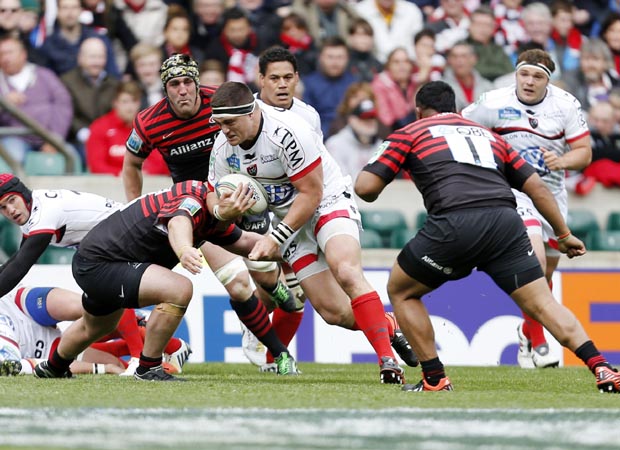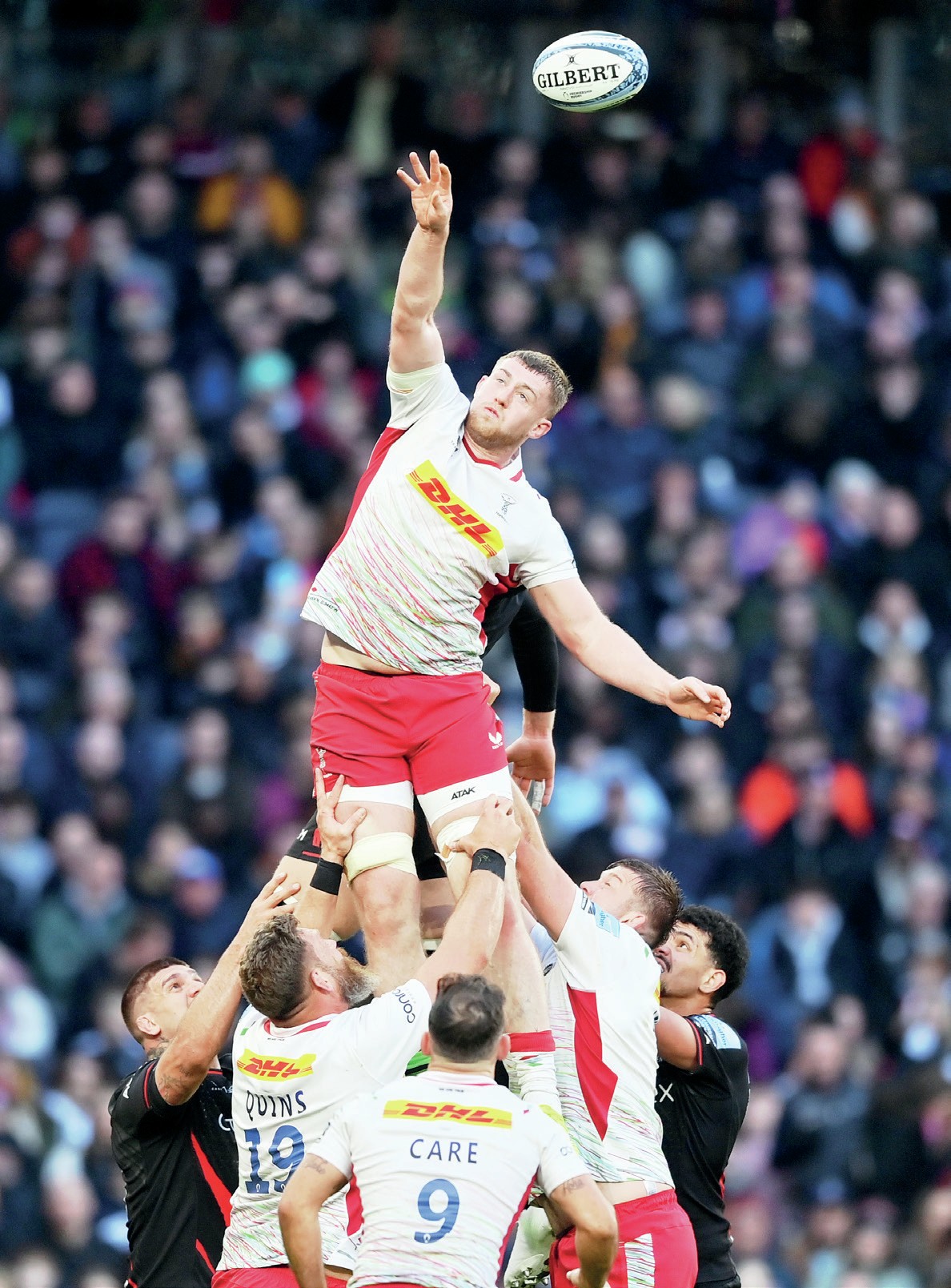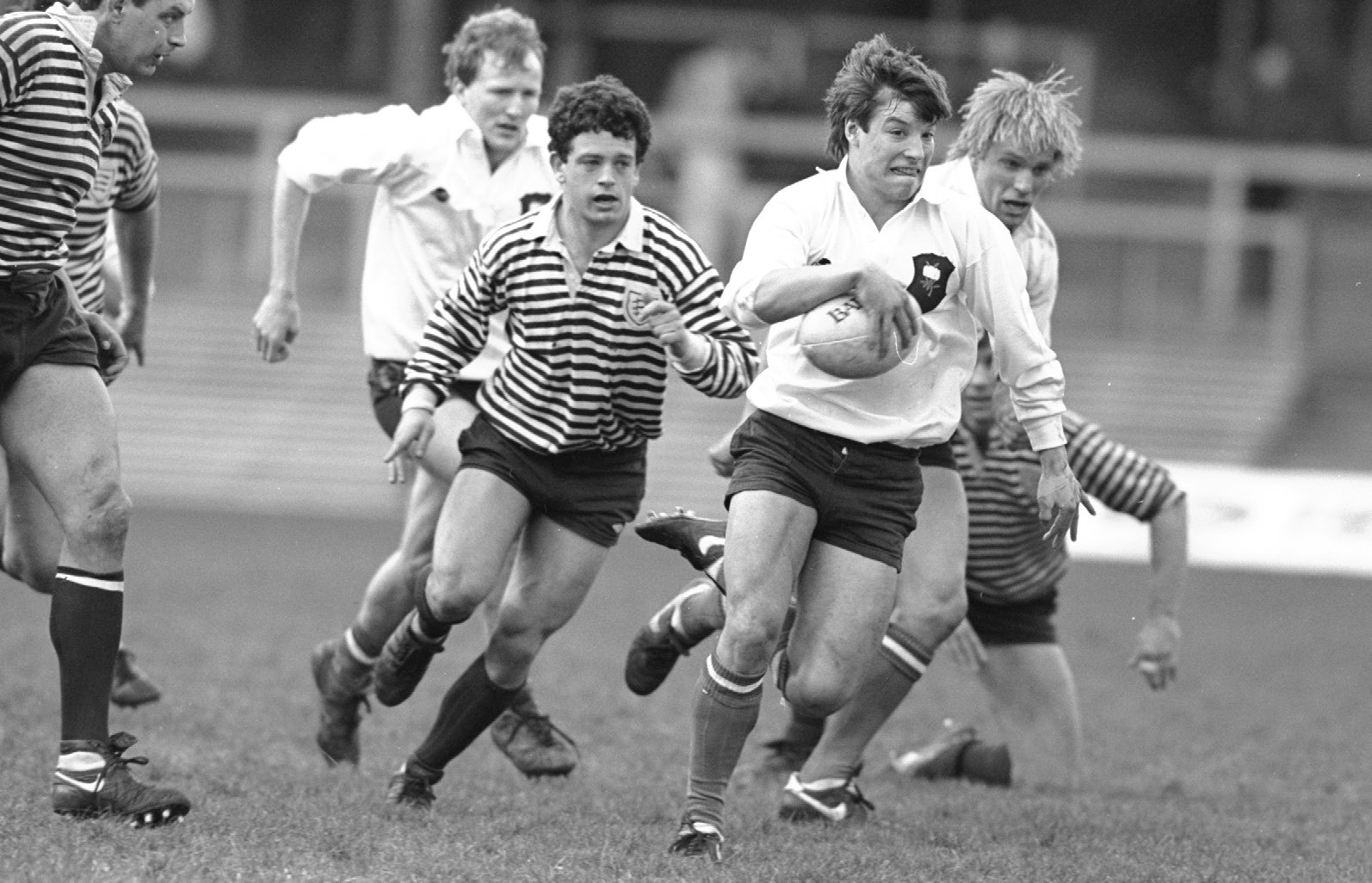
 Delays, debates and rows, just another week of life in the sport we recognise as professional rugby. The delays in the announcement of the new European competition, when all seemed to have at last been agreed and settled, show that not all is as simple as it seems.
Delays, debates and rows, just another week of life in the sport we recognise as professional rugby. The delays in the announcement of the new European competition, when all seemed to have at last been agreed and settled, show that not all is as simple as it seems.
The format for the new competition that has been outlined seems to have all the answers, including a third tier for aspiring nations who can gain promotion to the Tier Two. But, unless I have missed something, it is unlike the current Tier Two (the Amlin Cup) whose winner gains automatic inclusion in the next year’s Tier One (Heineken Cup).
The new 20-team contest has six each from France’s Top 14 and the English Premiership plus seven from the Rabo Pro12, with the final spot going to a play-off between seventh in Top14 and Premiership, which will make the Tier Two contest even less attractive than the current Amlin, which is used by most teams as a run-out for their second string players.
If the Italians actually pull out of the Rabo Pro12 and form a club league like the Premiership and Top14, they would still seek to play in the European competition – but how their teams would qualify, or how many, and which leagues the places would come from has not yet been answered.
Meanwhile, the debates has just started over whether we should have a two-tier European international competition in place of the Six Nations and the recent suggestion of Saracens chairman Edward Griffiths, that there should be a minimum salary cap that forces clubs to spend at least £4million on its squad.
The idea of a two-tier European international tournament may seem a little far fetched, as currently the next best European team is Georgia and they are ranked 16 in the IRB top 100. But if the new European club competition does what it says then it will expose countries like Georgia, Russia, Romania, Germany, Spain and Portugal to a higher standard of rugby on a regular basis.
That regular exposure should help those countries improve and slowly enable them to raise standards and compete with Tier One countries, maybe not at the next two or three World Cups but eventually and that must be the aim of the IRB if the sport is to grow.
Growth is also at the root of the £4m suggestion from Edward Griffiths, who believes that clubs promoted, or already in the Premiership, that are not prepared to invest in players create an adverse impact on the growth of the club game and he could be right.
It would seem to be stating the obvious that the more you spend on a squad the more likely you are to create a winning team and so, by enforcing a minimum spend limit, you would improve the standard of the league.
That improvement would in theory come because the clubs would be able to both retain and buy the best players from all over the world. Although in reality, an enforced minimum would push up wages as clubs compete for the same players as has happened in France.
Also in France, the number of overseas players now occupying so many crucial positions in Top 14 teams, is having negative impact on the French national team, according to national coach, Philippe Saint-Andre.
One major difference between the Premiership and the Top14 is the revenue generated, with the French far outstripping the Premiership, although even the French will need a ‘sugar daddy’ if clubs re to follow the Griffiths ideal.
Of the current crop in France the one team that have followed his philosophy more than most is Toulon where club president Mourad Boudjellal has lavished his millions to bring the world’s best players to Stade Félix-Mayol.
The parallels between Toulon and Saracens are so close even though Griffiths would hate to admit it – both have taken the short cut to the dream of success on the back of a multi-millionaire (two in the case of Saracens) prepared to take massive personal losses to achieve it.
Despite the record-breaking success of the Wembley game, the profit margin was remarkably small and if it is true that they are spending between 89 and 95 per cent of turnover on wages while posting the biggest losses in the Premiership, it is hardly a business model that should be rolled out across the game.
Griffiths says relegation is the “sword of Damocles” that stops investment and holds teams back, I have to say that in my view he needs to get into the real world.
Relegation takes place in football where a lot more money is involved than in rugby and not all the rugby clubs in the Premiership or Championship are lucky enough to have a generous sponsor prepared to throw endless money at a business unlikely to even balance the books.
The question is, would he be prepared for Saracens to spend £4m if they lost their current backers and were forced to live within their means or go under?
The row this week is whether the Tom Youngs allegation of biting should be subject to a proper investigation or not.
The problem for a player is, having reacted to what he felt was someone biting him, but with no proof found at the time, does he make an official post-match complaint?
The seriousness of the allegation made by Youngs should not be swept under the carpet just because Leicester have chosen (perhaps under pressure) not to make an official complaint.
For that reason, I feel that it is beholden on the RFU to investigate thoroughly to avoid being accused of a cover-up, potentially involving an England player.

1 Comment
You must be logged in to post a comment Login
Leave a Reply
Cancel reply
Leave a Reply
You must be logged in to post a comment.
























Pingback: รับทำ Google Ads